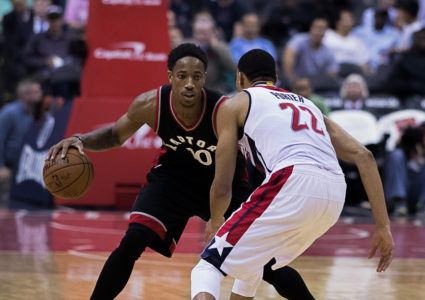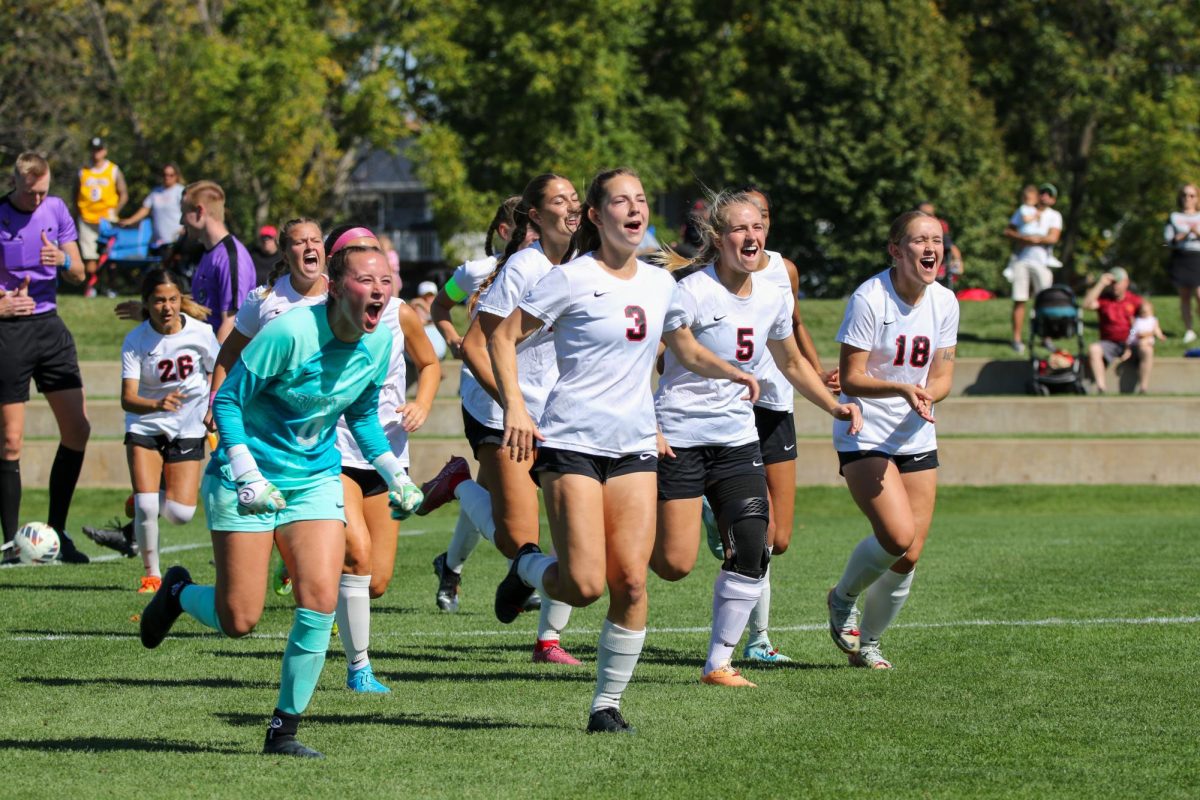
During NBA All-Star festivities in late February, Toronto Raptors superstar DeMar DeRozan made the most important shot of the weekend. All it took were six little words: “This depression get the best of me,” strung together in a tweet at five in the morning, for the midrange specialist to force the NBA community to confront one of its least talked about epidemics: mental illness.
DeRozan, who divulged in an interview with the Toronto Star that he has struggled with depression his entire life, is not the first NBA player to speak openly about his dealings with mental health, however, he certainly is the most famous to do so.
In 2012, first round draft pick Royce White made headlines when he announced he would refuse to sign with the Houston Rockets until they included a clause in his contract that would allow him to travel by bus instead of by plane. For White, flying was a major trigger of anxiety, and thus he thought the team had an obligation to accommodate his medical needs as well as teach administrative personnel relevant mental health training techniques.
The NBA and the Rockets disagreed with him, and soon thereafter White left the league, all the while maintaining that the NBA needed to improve its policies for governing and treating players dealing with mental illness.
Aside from DeRozan and White, the only other headline-worthy moment related to mental health in the NBA was when Larry Sanders, a dominant and athletic man, walked away from his $44 million contract in 2015 because he needed help with anxiety and depression. At 27 years old, Sanders was in the prime of his career.
Due to the prevalence of mental illness sufferers in this country, it is relatively surprising that it is not a bigger topic in basketball and sports in general. According to a recent study by the National Alliance of Mental Illness (NAMI), about 1 in 5 adults experience mental illness each year. Statistically speaking, that would mean that there could be close to 100 players on NBA teams right now dealing with mental health issues while receiving little or no help from the league and their franchises, who are not obligated to provide specific training programs or treatment plans to address such issues.
Though outside pressure is mounting to recognize the legitimacy of mental illness in schools and workplaces, in the locker room and on the court, it is still very much a taboo subject. Admitting to an invisible illness can be emasculating, and thus player health is restricted by archaic definitions of masculinity which are often propagated in media publications and by the players themselves. This false equivalency of mental anguish with weaknesses, probably deriving from the invisible nature of such afflictions, does a disservice both to sufferers and those who attempt to treat them.
“It’s one of them things that no matter how indestructible we look like we are, we’re all human at the end of the day,” DeRozan told the Toronto Star following his initial tweet. “We all got feelings … all of that. Sometimes … it gets the best of you, where times everything in the whole world is on top of you.”
This kind of vulnerability from a professional athlete is especially refreshing considering the way in which the media celebrate their toughness — often framed as problematic war and battle analogies — and lambast their moments of humanity, their tears and their misses and their failures.
As such, the NBA must do everything in its power to accommodate the needs and wishes of one of its most vulnerable populations of players, many of whom may be scared to admit their struggles for fear of ostracization, stigmatization and degradation.
If young kids and fans can follow DeRozan’s lead and learn that it is okay to struggle, and, more importantly, okay to talk about it, then hopefully the national discourse surrounding mental illness in America can change for the better.


















































